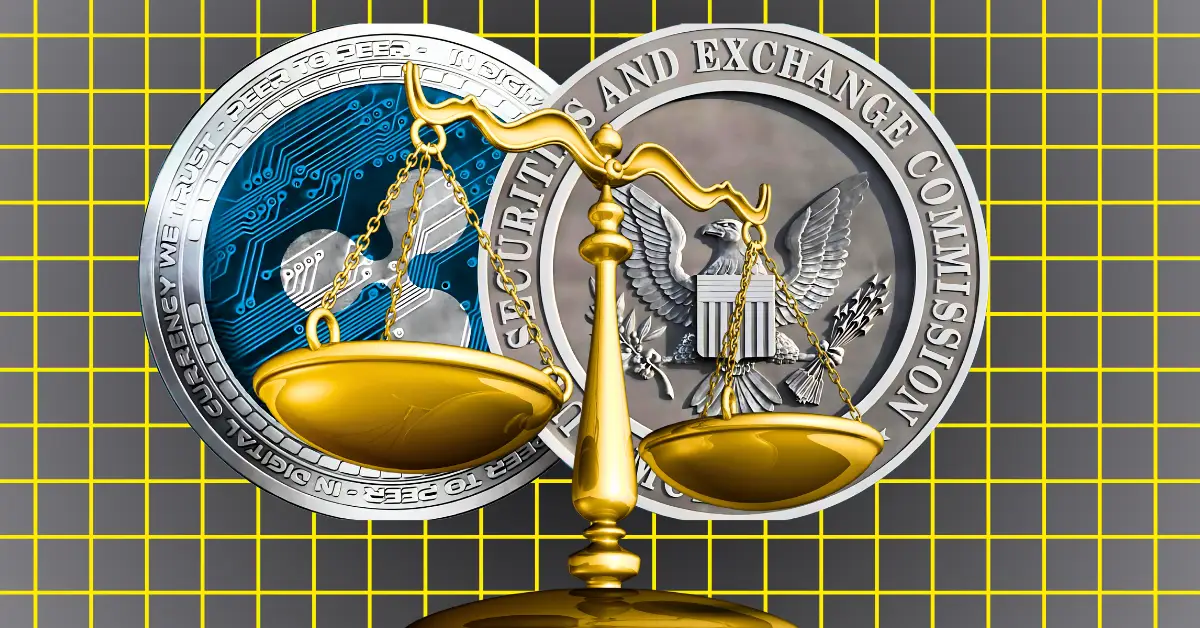Webus International Limited has implemented a regulatory-compliant strategy that enables institutional exposure to XRP without violating the Ripple injunction. Through a structured agreement with SEC-registered investment adviser Samara Alpha, the company has created a legally sound framework to manage XRP as a treasury asset.
Crypto analyst DARKHORSE mentions that Webus does not promote buying XRP as an investment and stores it as a corporate reserve instead. With this method, the “expectation of profits” factor of the Howey Test is avoided since the SEC often uses it to declare an investment a security.
Besides, the company reported its arrangement with Samara Alpha by filing Form 6-K with the U.S. Securities and Exchange Commission. The filing proposes a $300 million plan for digital assets that relies on strong institutional procedures and measures to keep them safe.
Ripple did not directly transfer the XRP to Webus. Instead, secondary markets or external custodians locked by Ripple are chosen to hold the tokens, keeping Ripple out of the transactions. As a result, Webus cannot violate the court’s order prohibiting Ripple from selling its tokens to institutions in the U.S.
Also Read: Pi Network Chaos: Users Furious as Wallets Show Zero Tokens After Migration
SEC Alignment Strengthens Institutional Legitimacy of XRP Holdings
The arrangement with Samara Alpha strengthens the legal standing of Webus’s strategy. As a registered adviser, Samara Alpha ensures that all asset operations follow U.S. regulatory standards. This includes secure custody, phased deployment, and complete compliance oversight.
DARKHORSE advises that Webus can release or use XRP only under given circumstances. These circumstances relate to trading on the secondary market without promotional efforts, making deals with organizations licensed in other nations, or utilizing XRP for liquidity and collateral, and each does not mean XRP must be identified as a security.
At the same time, rules remain strict, as Webus cannot market XRP to potential investors, include it in a profit-seeking fund, or promote Ripple in any form. The SEC could detect these steps by the firm and find them illegal and accordingly enforce the law.
It offers an exclusive and proper method for any organization to participate in XRP without breaking U.S. laws. Digital Asset Bank was created to follow all of the rules and interpretations that govern digital assets today.
Also Read: Chris Larsen: Early Life and Net Worth – The Vision Behind Ripple and the XRP Ledger
